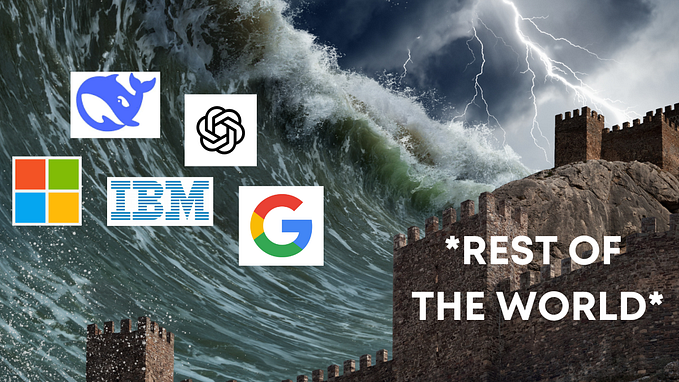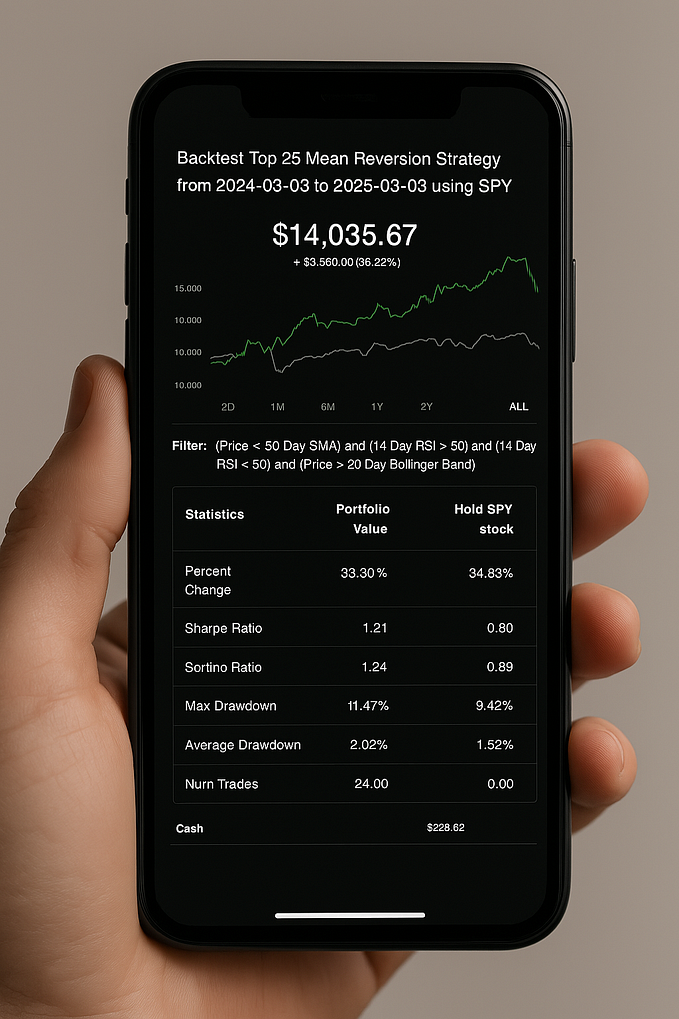Blockchain Beyond Bitcoin: Transforming the World with Decentralization

While the word blockchain often conjures images of Bitcoin and cryptocurrencies, this transformative technology holds far more potential than digital currency alone. In its simplest form, blockchain is a decentralized ledger — an unchangeable, transparent record of transactions. But its applications extend far beyond finance, promising to reshape industries ranging from healthcare to governance in unprecedented ways.
Global financial institutions have been the first to recognize blockchain’s disruptive power. In 2022, JPMorgan Chase launched a blockchain-based system for cross-border payments, reducing settlement times from days to minutes . With $15–20 billion in potential cost savings annually for banks by 2025, blockchain could soon replace traditional financial infrastructures . More intriguing is the rise of decentralized finance (DeFi), where blockchain is used to create open financial systems without intermediaries like banks or brokers. According to DeFi Pulse, the total value locked in DeFi protocols surpassed $40 billion in 2021, underscoring the rapid growth of this new financial paradigm .
Beyond finance, supply chain management is benefiting from blockchain’s transparent record-keeping. IBM’s Food Trust blockchain platform enables real-time tracing of food products from farm to table, reducing contamination risks and improving sustainability . Similarly, Pfizer is employing blockchain technology to ensure the authenticity of its COVID-19 vaccines, tracking each dose from production to administration .
But the most radical application of blockchain may be in governance. Estonia, often touted as the world’s most digitally advanced society, has implemented blockchain-based e-governance systems, including blockchain voting. In a 2020 study, Estonia demonstrated that blockchain voting not only increased voter participation by 46% but also enhanced transparency and trust in government institutions .
Despite these remarkable use cases, blockchain is not without its challenges. Critics point to its high energy consumption, particularly for proof-of-work (PoW) systems like Bitcoin. In fact, Bitcoin’s annual energy usage rivals that of entire nations like Argentina . Efforts to mitigate this, such as Ethereum’s transition to proof-of-stake (PoS), offer hope for more sustainable blockchain models in the future .
Blockchain is more than a buzzword — it’s the bedrock of a decentralized future. Whether through finance, healthcare, or governance, its transformative power is just beginning to unfold. We are entering an era where trust no longer relies on institutions but is embedded in code.








